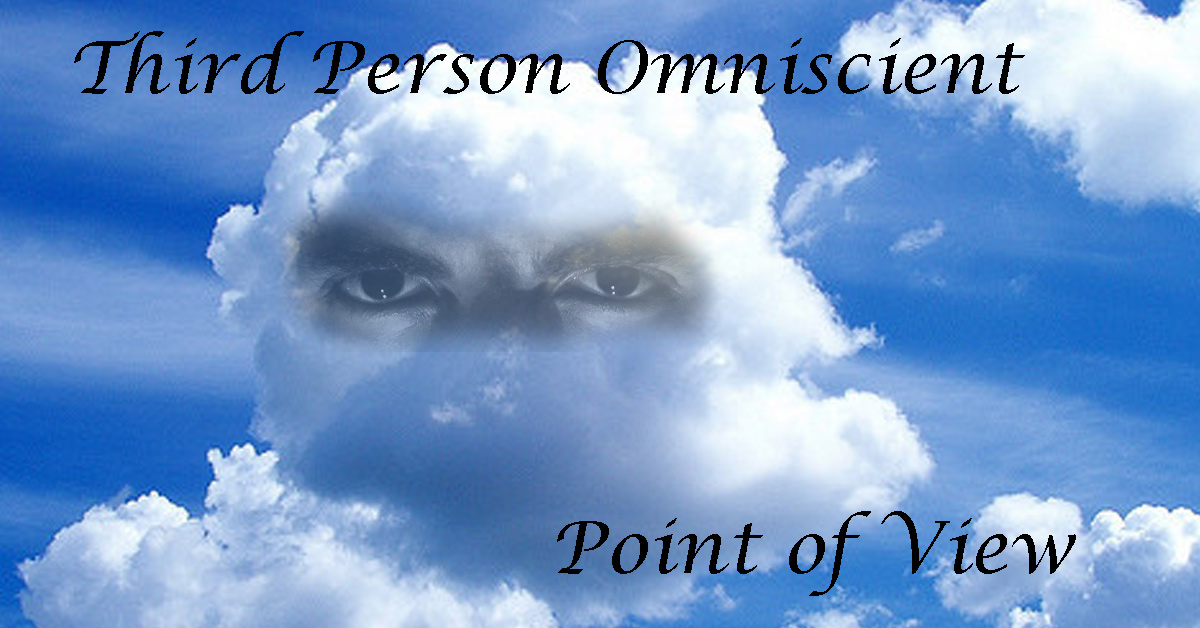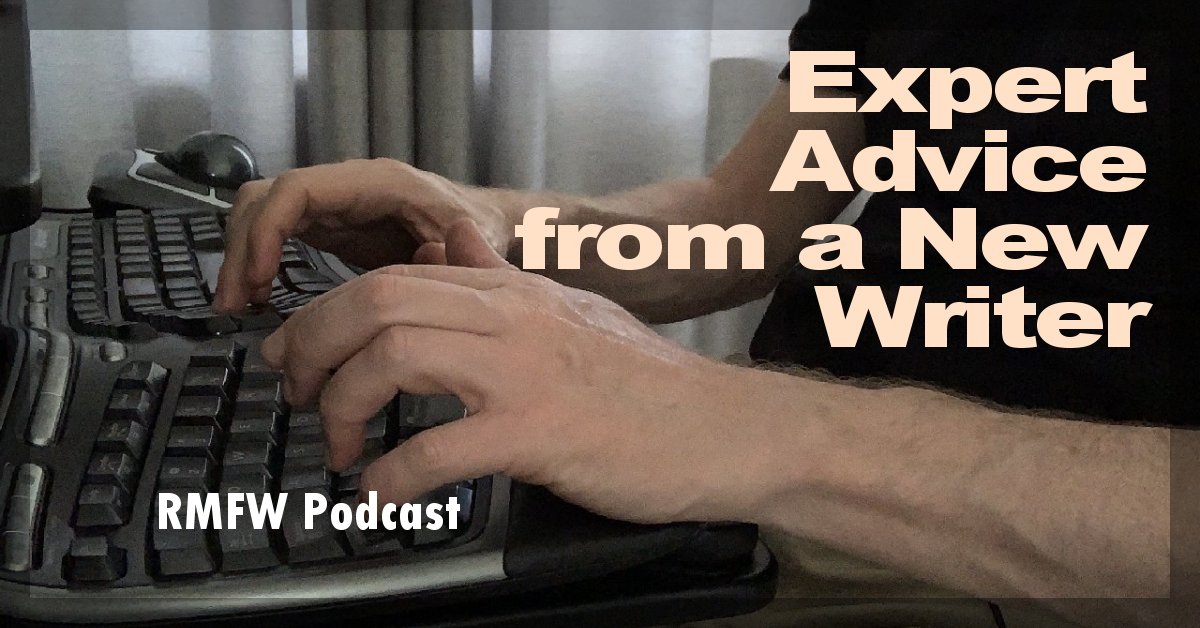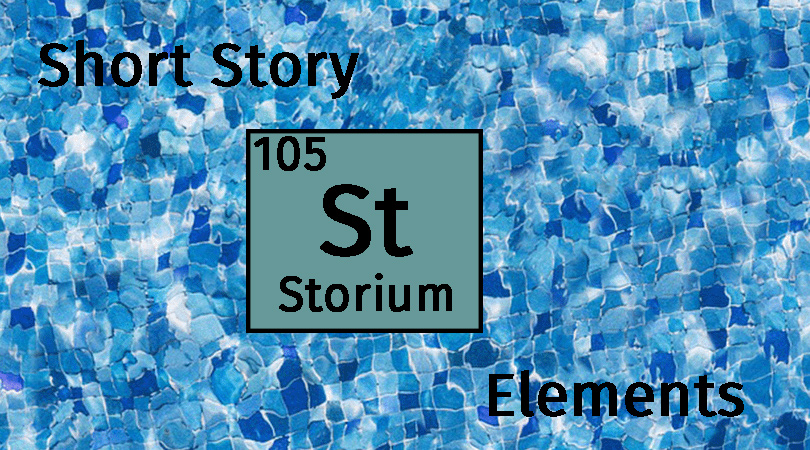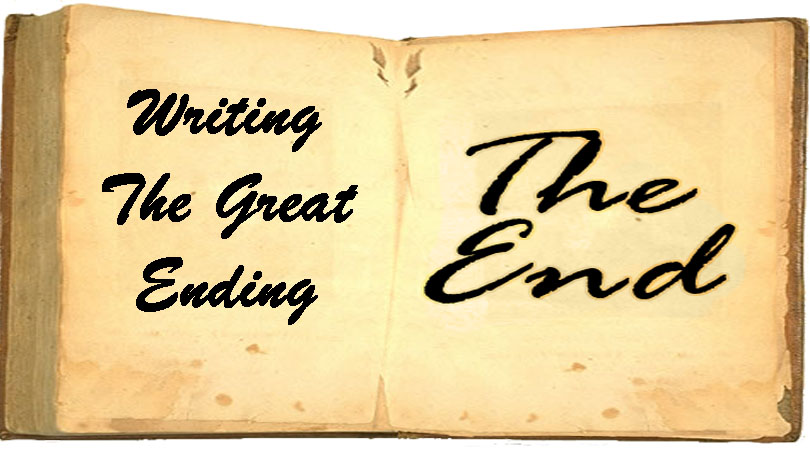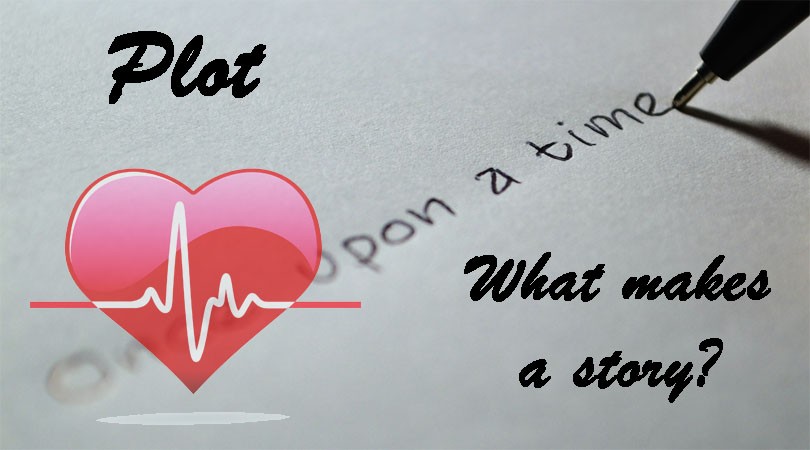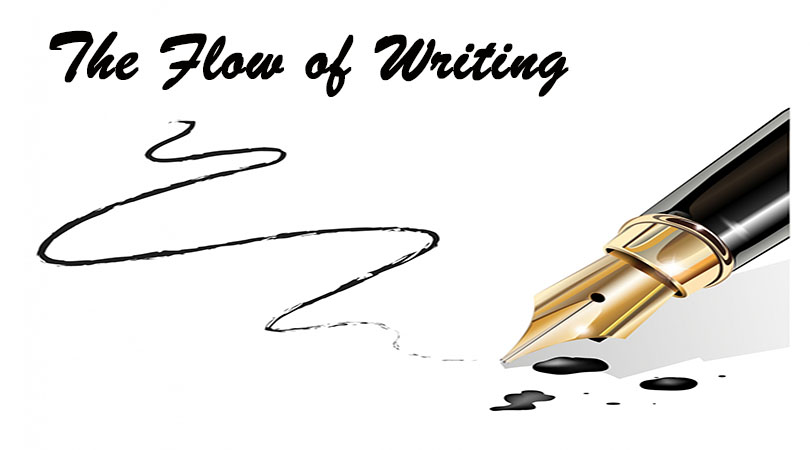
Paul is a prizewinning speculative fiction author, technology blogger, and former punk rock drummer. At age six, he saw 2001: A Space Odyssey on the big screen, which lead him to a collection of Clarke’s short stories and a lifelong insatiable appetite for mind-bending science fiction. His work is published or forthcoming at Uncharted Magazine, Amazing Stories, Creepy Podcast, Sci-Fi Lampoon, and others. Originally from Flint, MI, Paul resides in Colorado, where he tries to avoid reliving his punk rock days.

